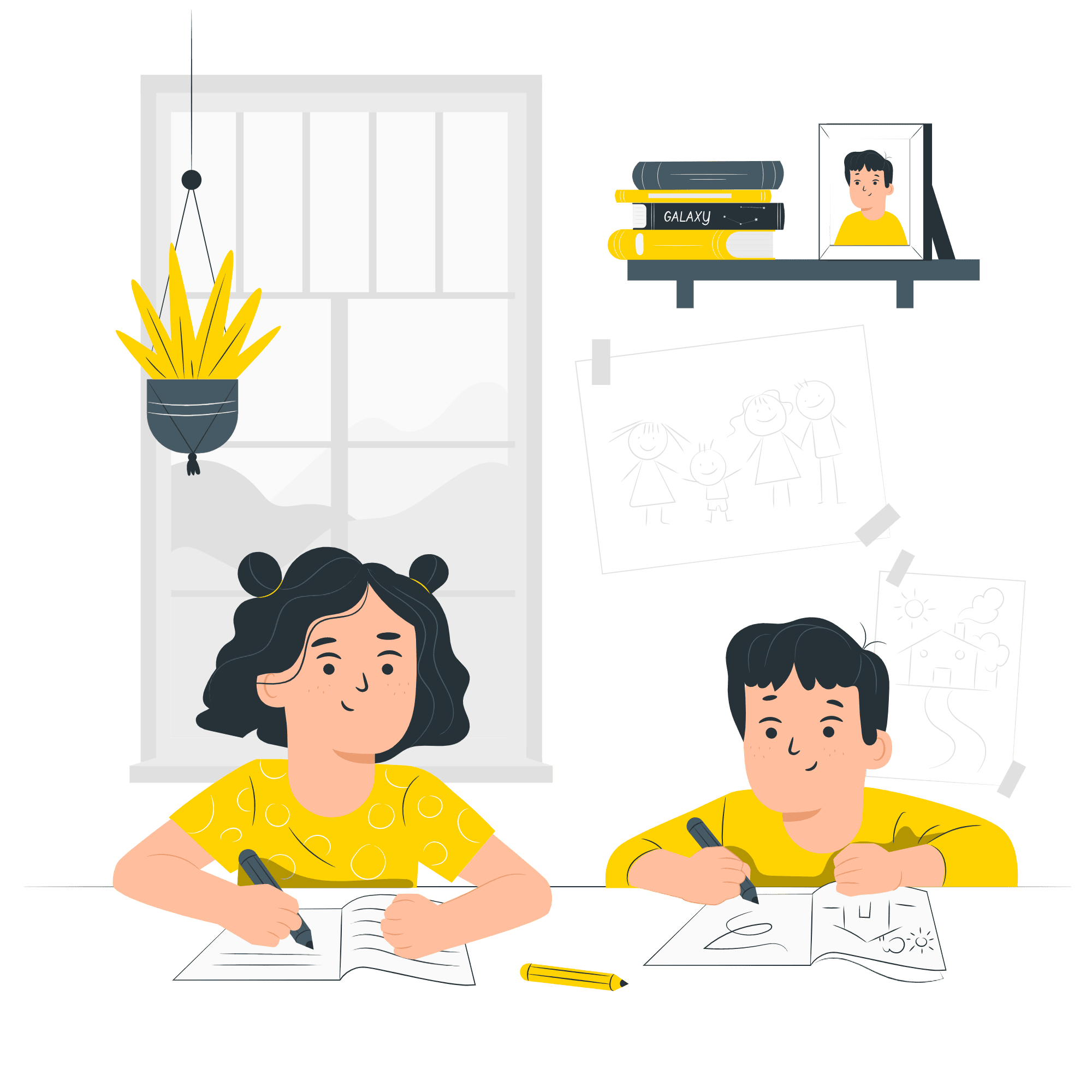
Literacy Definitions
Literacy :
The ability to read, write, speak, and listen in a way that lets us communicate effectively and make sense of the world.
Literacy permeates all areas of life, fundamentally shaping how we learn, work, and socialize.
Book Desert :
A geographic area that lacks consistent access to high- quality, affordable, print children’s books.
The inability to read has the following consequences

Lower Quality Jobs

Lower income

Lower self-esteem

Precarious financial position

Intergenerational transmission of illiteracy
What does literacy look like across the US?
- According to the U.S. Department of Education, 54% of U.S. adults 16-74 years old – about 130 million people – lack proficiency in literacy, reading below the equivalent of a sixth-grade level.
- 43% of adults with the lowest literacy skills live in poverty.
“New York State has a literacy problem.” Literacy New York, Fission Content Management System
- Upwards of 85% of youth and 75% of prisoners cannot read above a 4th grade level.
*White, Sheida, editor. “Prison Component of the 2003 National Assessment of Adult Literacy.” National Center for Education Statistics, U.S. Department of Education, . AND (United States Department of Education, Program for the International Assessment of Adult Competencies. Literacy, Numeracy, and Problem Solving in Technology-Rich Environments Among U.S. Adults: Results from the Program for the International Assessment of Adult Competencies 2012.
- 2 out of 3 children affected by systemic poverty cannot read at grade level.
- 1 in 5 Americans read below the level needed to earn a living wage.
*Clark, Zoe, and Jennifer White. “Illiteracy and its effects on our society.“
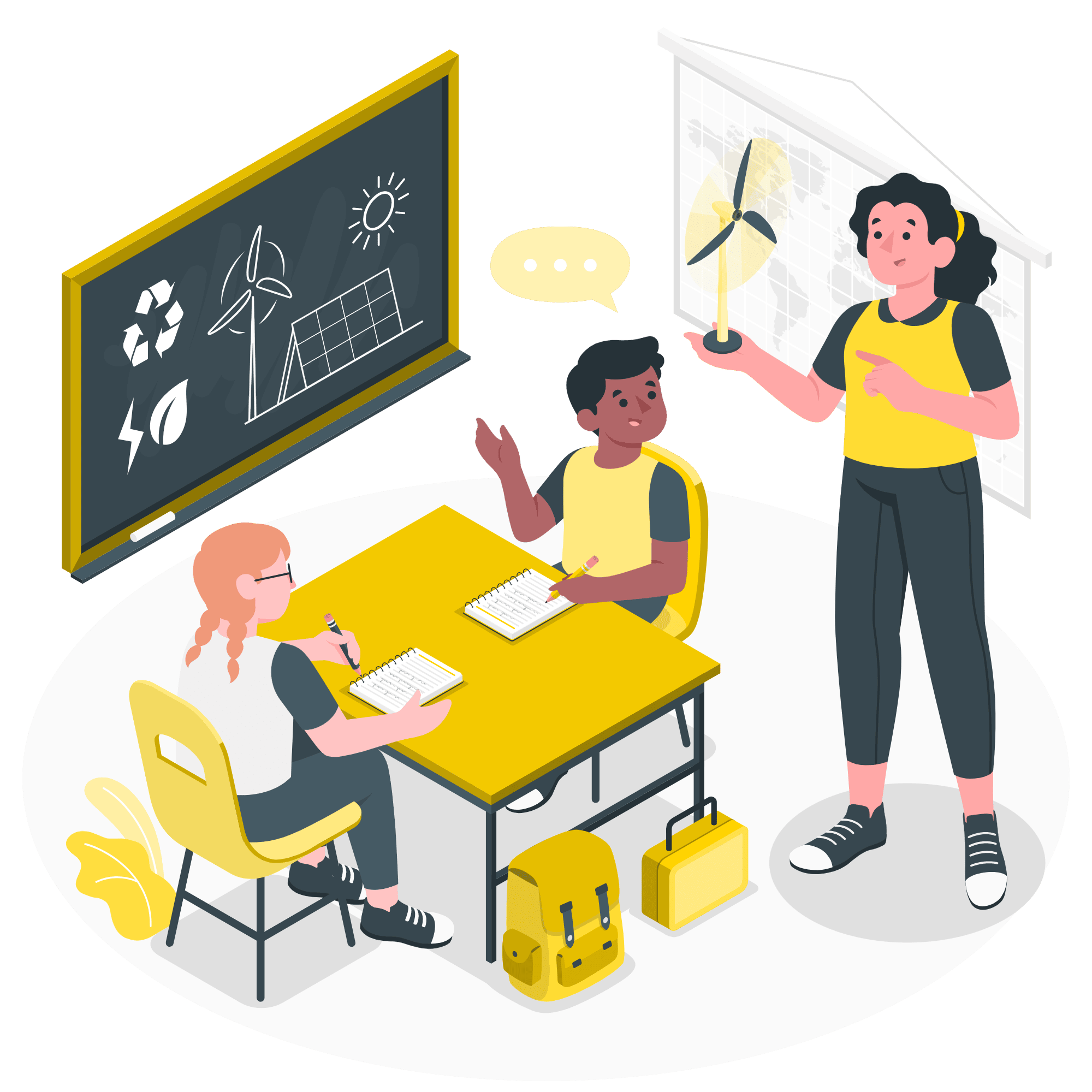
What does literacy look like in New York
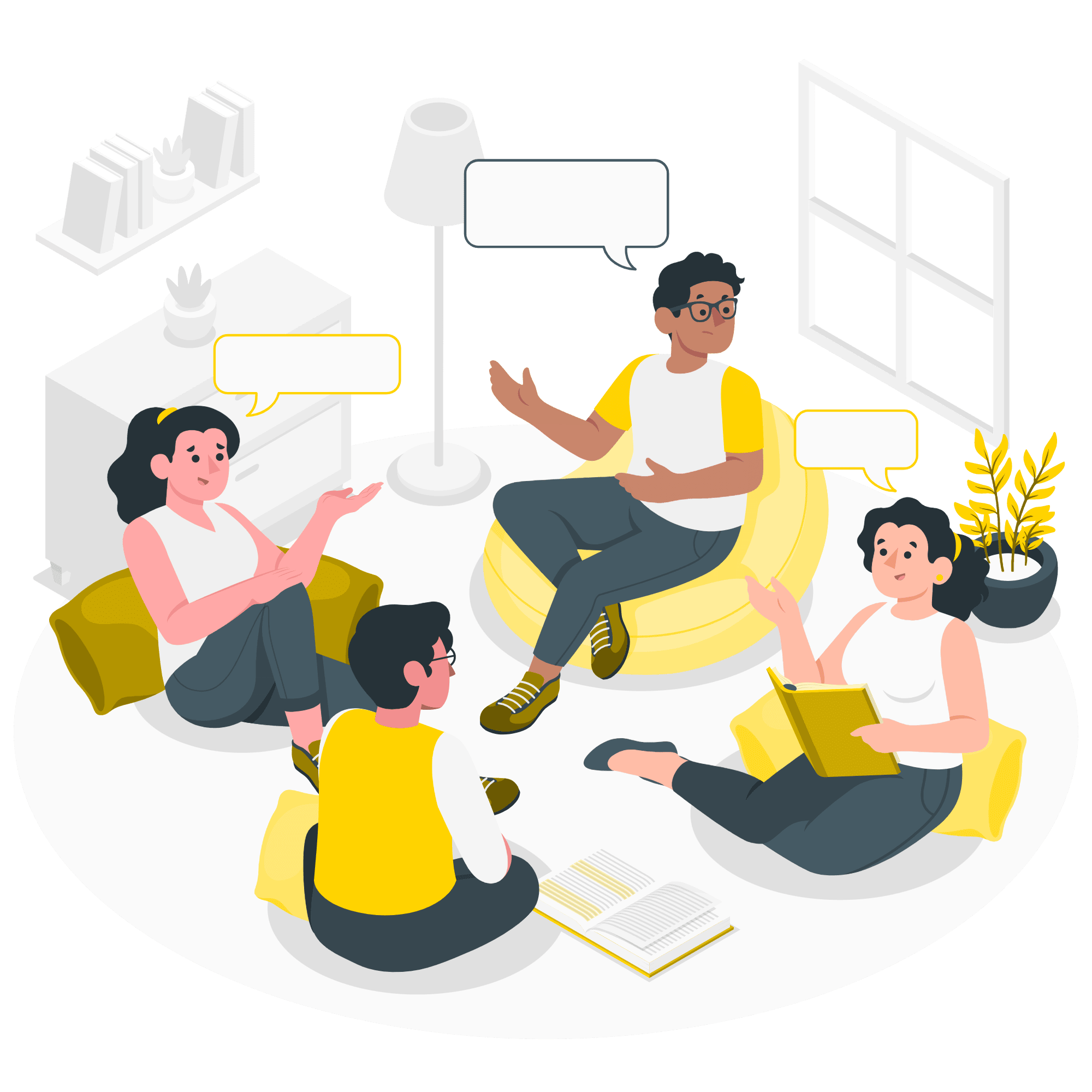
“New York has the second-highest percentage of adults lacking basic prose literacy skills in the United States.
“Us Literacy Rates By State 2020.” World Population Review, 2020
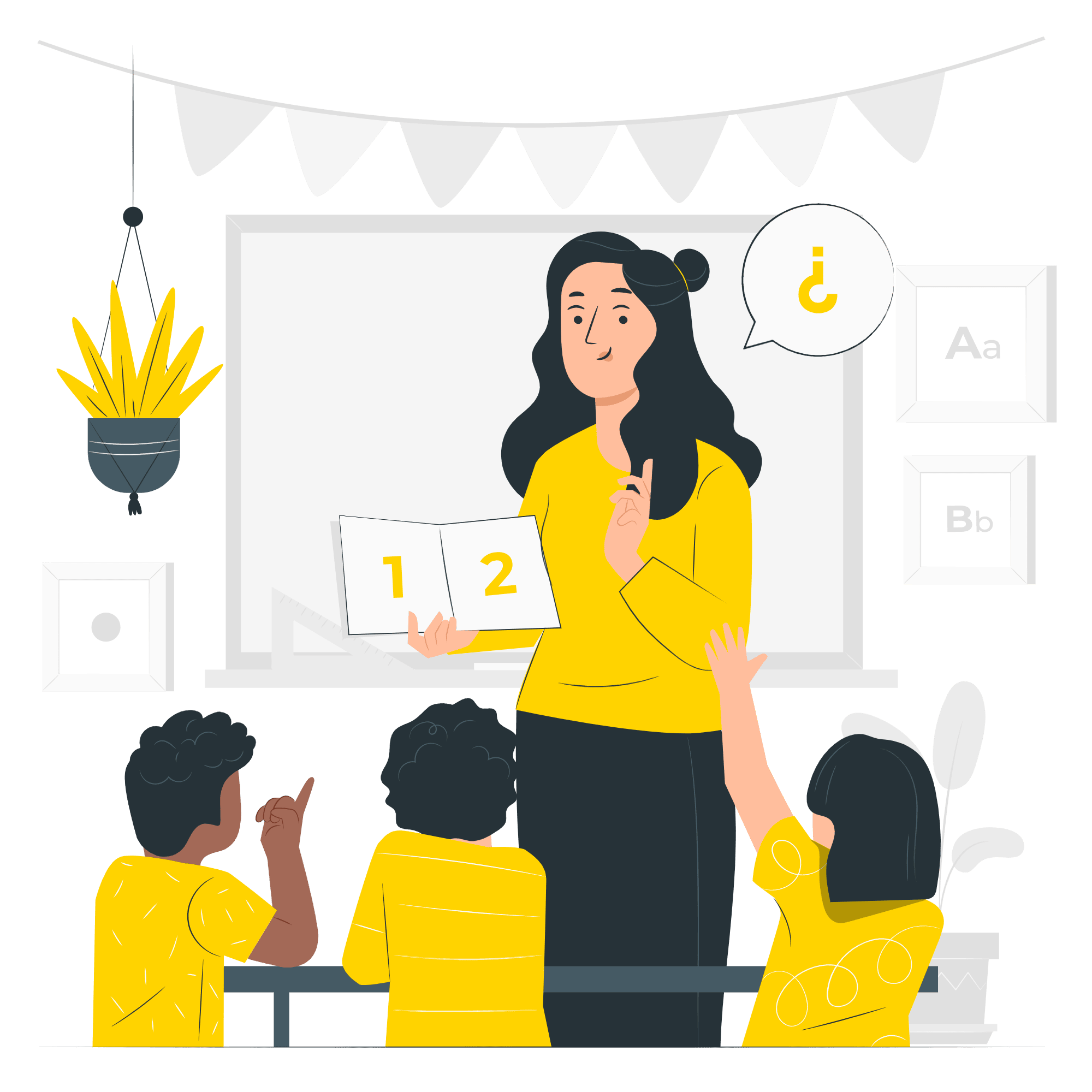
A total of 3.4 million New York State residents are either reading below the 5th grade level, lack a High School Diploma, or cannot speak English.
“New York State has a literacy problem.”
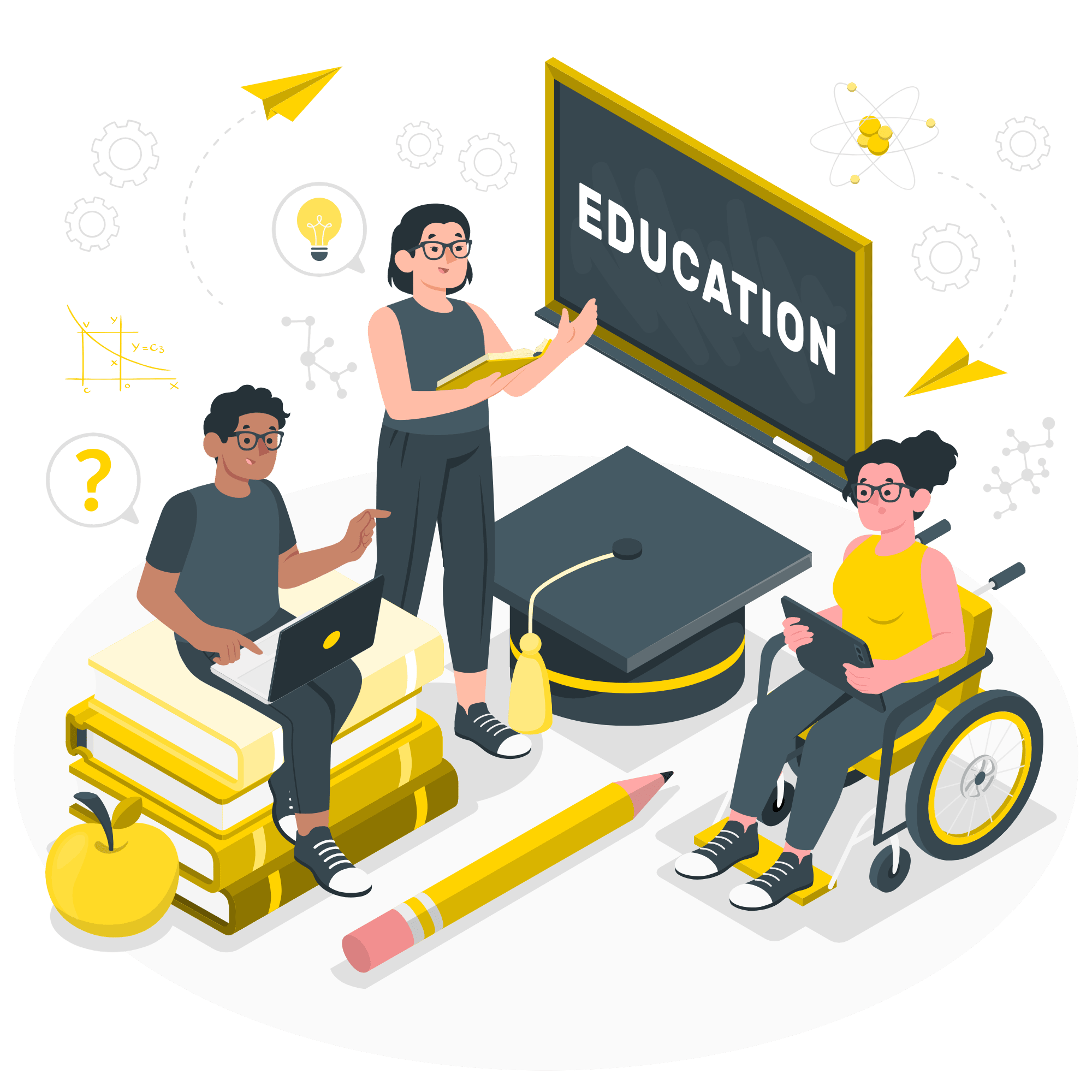
Currently, only 30 percent of third-graders in New York City public schools can read at grade level, according to the department’s statistics.
Herndon, Lisa. “New program aims to bring 100 percent literacy by 2026.
Results of Illiteracy
83% of children in low-income families have reading skills below the proficiency mark
*World Literacy Foundation. (2018). The Economic & Social Cost of Illiteracy.
Those who do not read proficiently by third grade are four times more likely to leave school without a diploma than proficient readers.
*Hernandez, Donald J. Double Jeopardy: How Third-Grade Reading Skills and Poverty Influence High School Graduation. Baltimore, Annie E. Casey Foundation, 2012
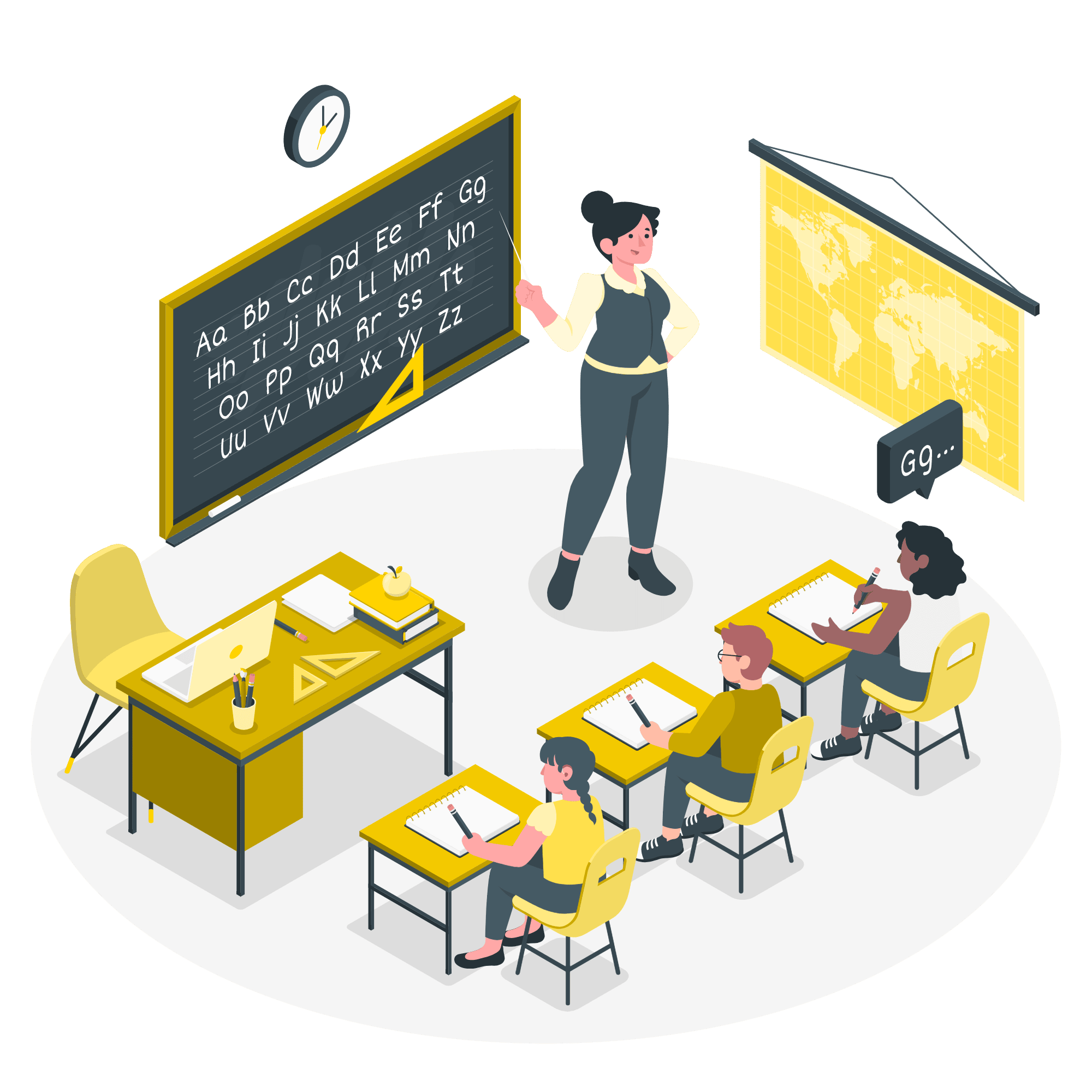
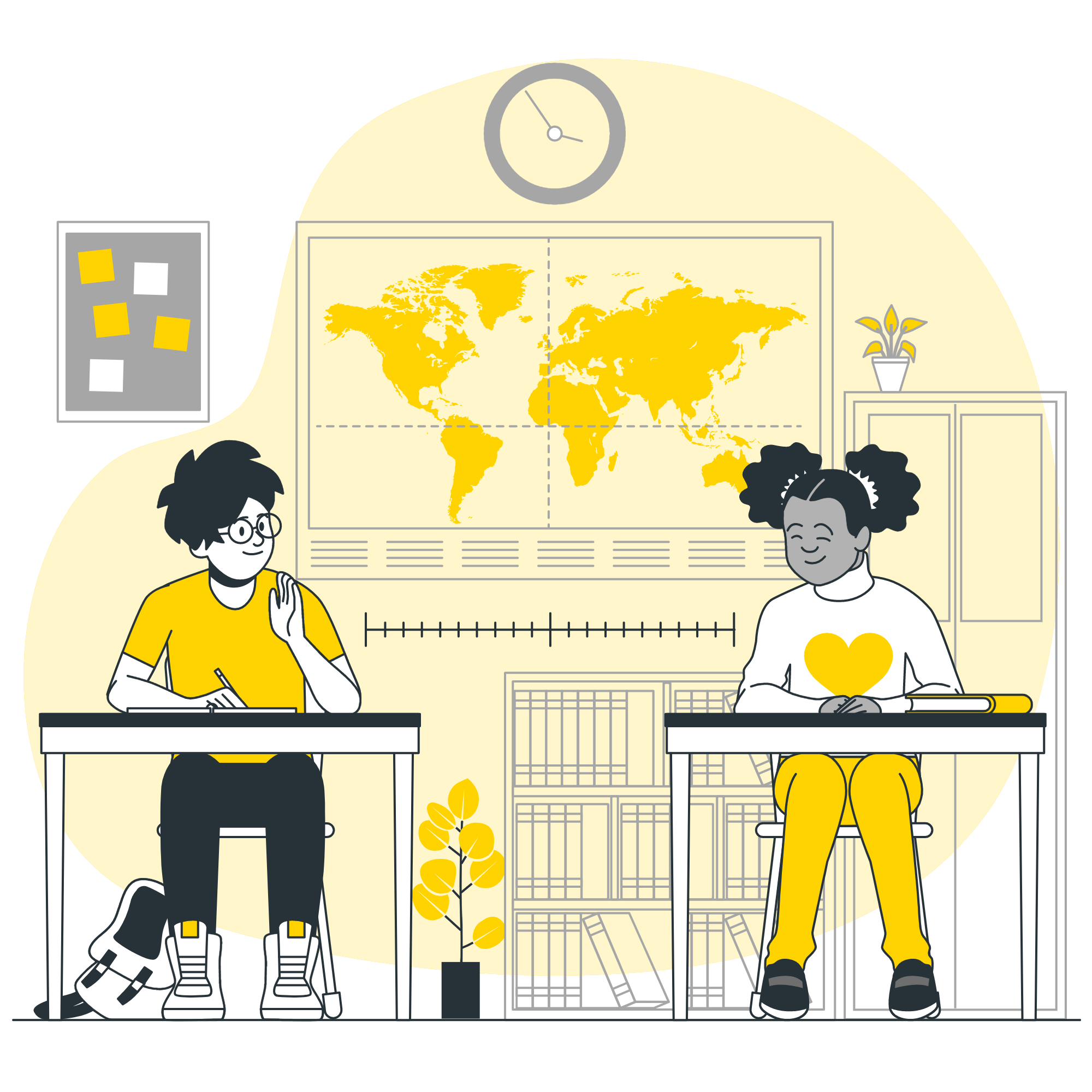
The children of parents with low literacy skills are more likely to live in poverty as adults and are five times more likely to drop out of school.
*Strauss, Valerie. “Hiding in plain sight: The adult literacy crisis.” The Washington Post [Washington, D.C.], 1 Nov. 2016, Answer Sheet sec. The Washington Post
Illiterate parents tend to have lower educational expectations for their children and often place work before education. When parents are uninvolved in their children’s education, kids are more likely to display behavioral problems, have poor grades, repeat school years and even discontinue their formal education.
*United Nations, United Nations Educational, Scientific and Cultural Organization. The Social and Economic Impact of Illiteracy: Analytical Model and Pilot Study. By Rodrigo Martínez and Andrés Fernández, Report no. OREALC2010-PI-H-12, Santiago, United Nations, Dec. 2010. Análisis de las consecuencias sociales y eco-nómicas del analfabetismo UNE08-001. United Nations Educational, Scientific and Cultural Organization Digital Library.
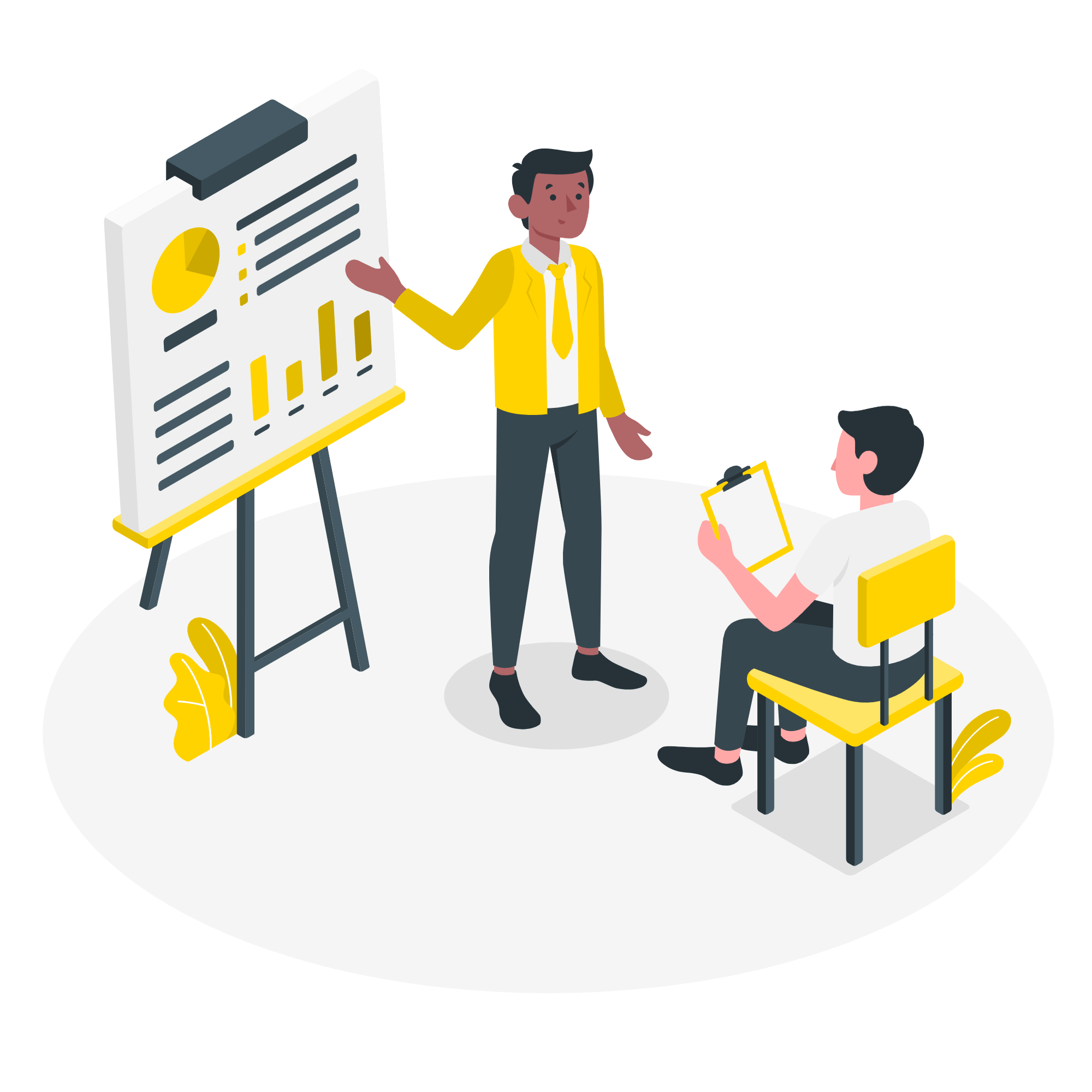

Illiterate people earn 30% less than their literate counterparts and do not have the literacy skills required to undertake further vocational education or training to improve their earning capacity.
*World Literacy Foundation. (2018). The Economic & Social Cost of Illiteracy.
Low-literate adults are over ten times more likely to receive public financial aid and on average only earn $300 per week, even while working full-time.
*Garcia, Valeria. “The problem with illiteracy and how it affects all of us.” Reading Partners, 25 July 2017


Welfare recipients with the lowest literacy skills stay on welfare the longest. 50% of the chronically unemployed are functionally illiterate.
Literacy New York
Reasons to increase Literacy rates:
- If all U.S. adults were able to graduate high school and begin college, it would generate an additional $2.2 trillion in annual income for the country, equal to 10% of the gross domestic product.
Forbes. Low Literacy Levels Among US Adults Could Be Costing the Economy 22 Trillion A Year
- Increasing literacy rates leads to better paying jobs, adds to economic growth and builds social equity.
*United Nations, United Nations Educational, Scientific and Cultural Organization. The Social and Economic Impact of Illiteracy: Analytical Model and Pilot Study. By Rodrigo Martínez and Andrés Fernández, Report no. OREALC2010-PI-H-12, Santiago, United Nations, Dec. 2010. Análisis de las consecuencias sociales y eco-nómicas del analfabetismo UNE08-001. United Nations Educational, Scientific and Cultural Organization Digital Library
- More than 80% of jobs are now considered “skilled” meaning they require education and training beyond high school.
*“Fast Facts – Adult Education and Literacy.” Literacy New York, Fission Content Management System
- The US can save more than $232 billion a year in health care costs that are directly related to low adult literacy skills.
*Garcia, Valeria. “The problem with illiteracy and how it affects all of us.”
- Illiterate individuals have more workplace accidents, take longer to recover and more often misuse medication through ignorance of health care resources and because they have trouble reading and understanding the relevant information (warnings, dosage, contraindications, etc.).
*Strauss, Valerie. “Hiding in plain sight: The adult literacy crisis. “The Washington Post [Washington, D.C.], 1 Nov. 2016, Answer Sheet sec.
- When people can read, they can better understand societal issues, increasing community involvement and civic participation.
*Strauss, Valerie. “Hiding in plain sight: The adult literacy crisis.” The Washington Post [Washington, D.C.], 1 Nov. 2016, Answer Sheet sec.
- Statistically, poor families are far less likely to utilize public libraries, whether it’s because they’re not acclimated to using them or because they’re worried about being charged late fines, or because they’re skeptical of putting their name on a card associated with a government entity. Neuman has found that only 8 percent of such families report they have taken advantage of library resources.
*Wong, Alia. “Where Books Are All But Nonexistent.”The Atlantic, 14 July 2016..The Atlantic
- If all U.S. adults were able to graduate high school and begin college, it would generate an additional $2.2 trillion in annual income for the country, equal to 10% of the gross domestic product.
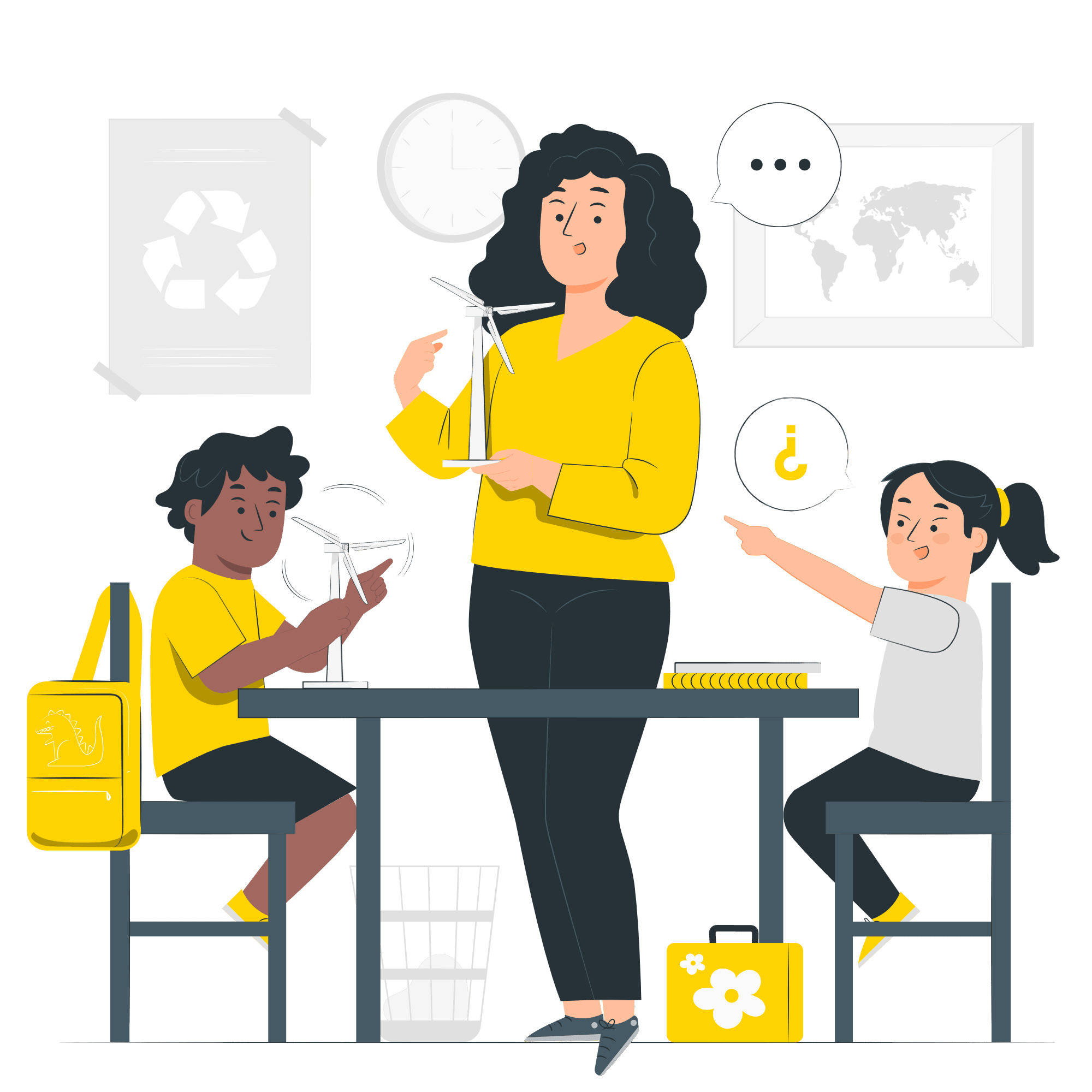

What books can do
- Providing more access to books can mitigate the effect of poverty on reading achievement, leading to a more literate society.
*Krashen, S., Lee, S., & McQuillan, J. (2012). Is the Library Important? Multivariate Studies at the National and International Level. Journal of Language and Literacy Education [Online], 8(1), 26-38.
- Children who say they own a book are 15 times more likely to read above the level expected for their age than their peers who say they don’t own a book.
*Clark, Christina, and Anne Teravainen. Book ownership and reading outcomes. London, National Literacy Trust, 6 Dec. 2017. National Literacy Trust, literacytrust.org.uk/research-services/research-reports/ book-ownership-and-reading-outcomes/.
Children who own books:
- Read more frequently
- Read for longer lengths of time
- Have more positive attitudes toward reading
- Have a higher literacy level than their peers
*Clark, Christina, and Lizzie Poulton. Book ownership and its relation to reading enjoyment, attitudes, behaviour and attainment: Some findings from the National Literacy Trust first annual survey. London, National Literacy Trust, 2011.
- Home library size is more important than parents occupational status and parents wealth.
*Sikora, Joanna, et al. “Scholarly Culture: How Books in Adolescence Enhance Adult Literacy, Numeracy and Technology Skills in 31 Societies.” Social Science Research, vol. 77, Jan. 2019, pp. 1-15. ScienceDirect, doi:10.1016/j.ssresearch.2018.10.003.
- Individuals who were surrounded by books from a young age- but did not attend university- were just as literate as someone who attended university, but didn’t grow up around books.
*Sikora, Joanna & Evans, M.D.R. & Kelley, Jonathan. (2018). Scholarly culture: How books in adolescence enhance adult literacy, numeracy and technology skills in 31 societies. Social Science Research. 10.1016/j.ssresearch.2018.10.003.
- Only 43% of school-aged children have access to a classroom library, and only 33% say that it has enough of the types of books they’d like to read.
Scholastic (2019). Kids and Family Reading Report. 7th Edition.
- Books expose children to 50% more words than prime time television.
- Adding 75 books to a low-income earning home enables a child to perform 1.5 grades better than a child living in a home without books.
*Evans, M. & Kelley, Jonathan & Sikora, Joanna. (2014). Scholarly Culture and Academic Performance in 42 Nations. Social Forces. 921573-1605. 10.1093/sf/sou030
Extra benefits of reading:
- Reading can help avert or delay dementia. One study found that people who read later in life have a 32% lower rate of declining mental abilities.
- Reading for 6 minutes can reduce stress levels by as much as 60%.
*Mindlab International, Sussex University. (2009) Galaxy Commissioned Stress Research. Brighton: Sussex University.
- Reading for 3 1/2 hours a week can increase your lifespan by more than 2 years and yield a 20% decrease in mortality.
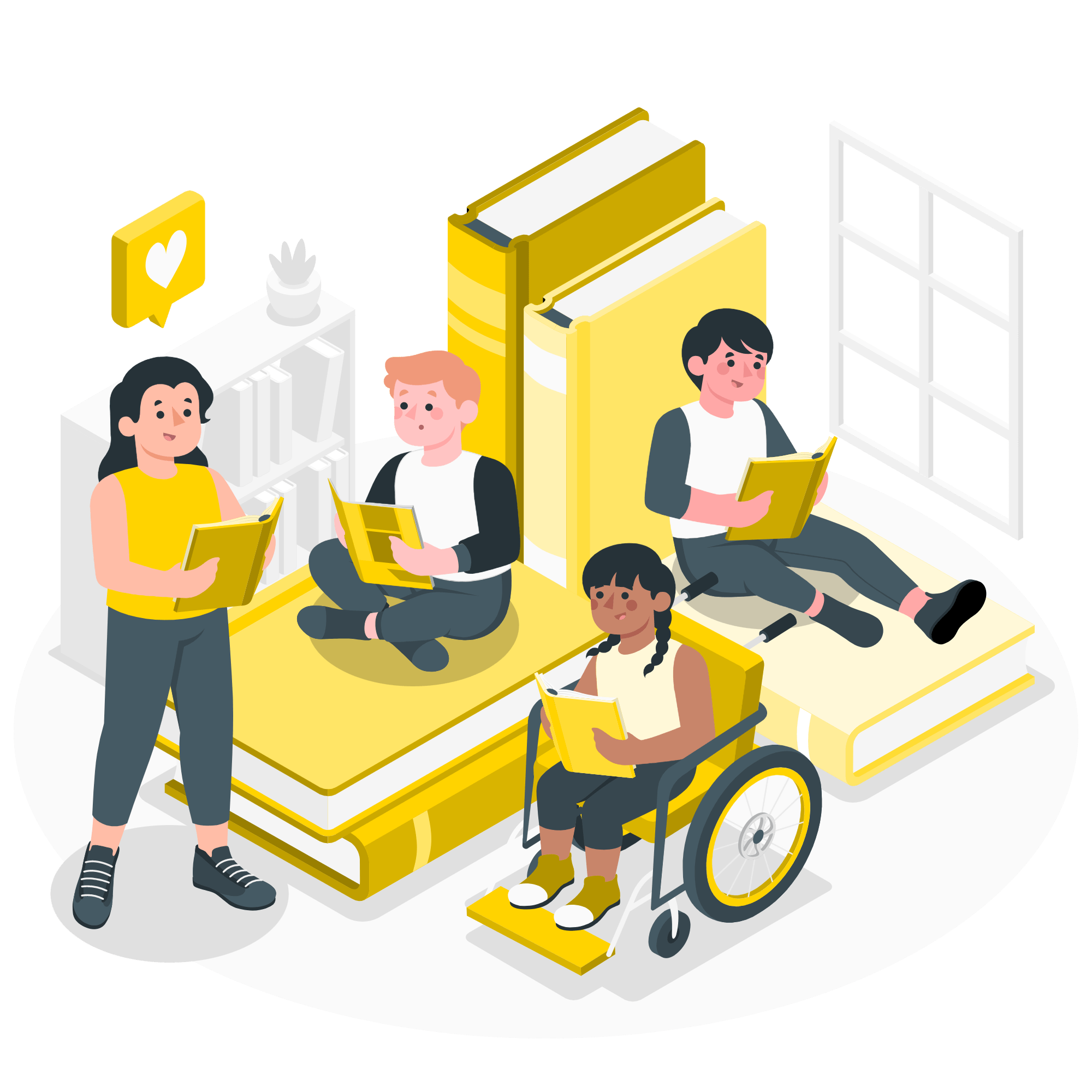
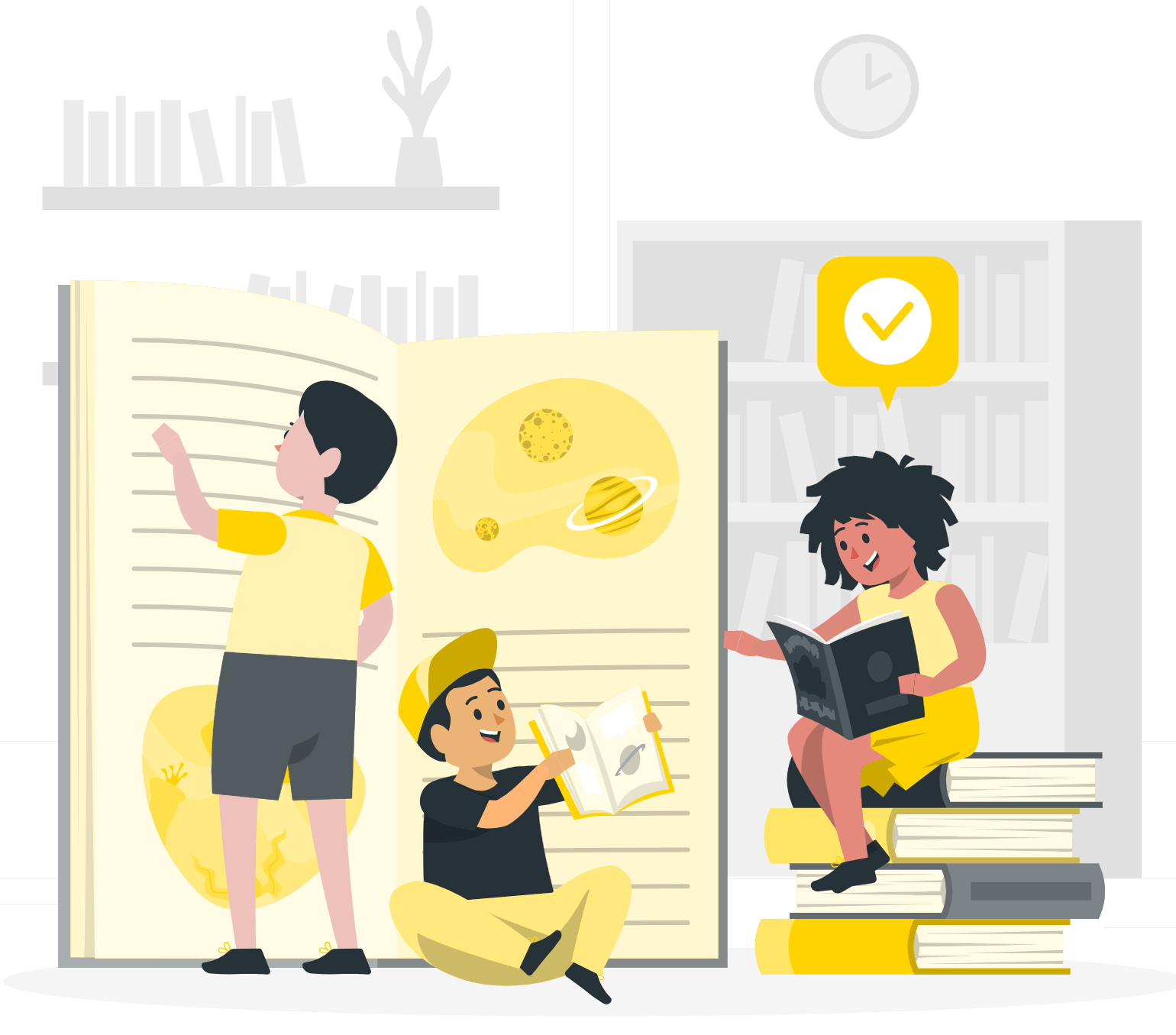
Reading can
- Enhance social skills
- Boost intelligence
- Improve self esteem
- Build concentration
- Expand vocabulary
- Increase imagination
- Stronger memory skills
- Develop critical thinking skills
- Build empathy
- Slow cognitive decline
*Pulled from literacy stats.
